Black hole singularities defy the laws of physics. New research presents a bold solution to this puzzle: Black holes may actually be a theoretical type of star called a ‘gravastar,’ filled with universe-expanding dark energy.



Photo : siqi zhao & huirong yan.
Astrophysicists from the University of Potsdam have made a significant step toward solving the last puzzle in magnetohydrodynamic turbulence theory by observing the weak to strong transition in the space plasma turbulence surrounding Earth with newly developed multi-spacecraft analysis methods. Their pioneering discovery was published today in the journal Nature Astronomy.
Turbulence is ubiquitous in nature. It exists everywhere, from our daily lives to the distant universe, while being labelled as “the last great unsolved problem of classical physics” by Richard Feynman.
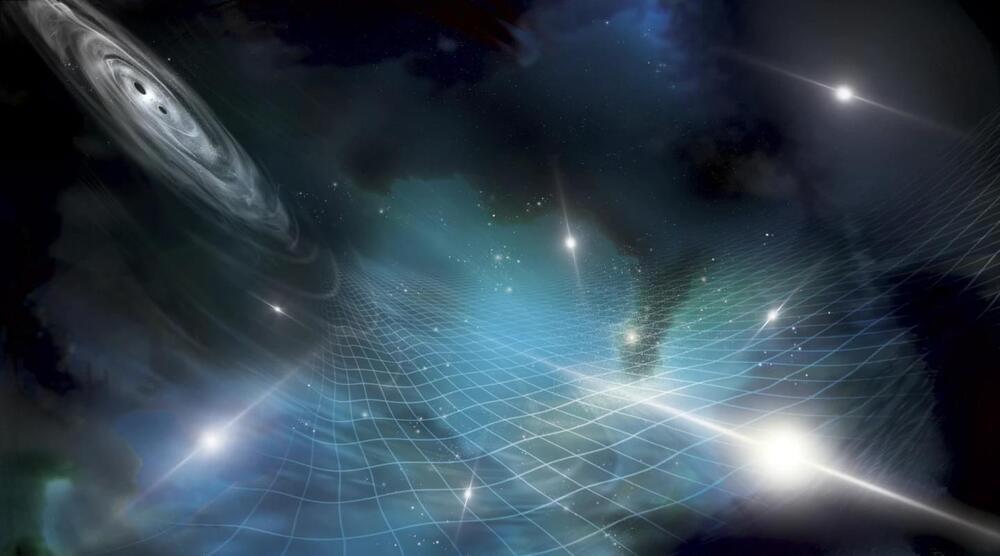
For the first time, scientists have seen the small ripples that result from black holes’ motion, which are gently stretching and squeezing everything in the universe.
They revealed that they could “hear” low-frequency gravitational waves, which are produced by massive objects colliding and moving around in space and causing changes in the universe’s fabric.

“This is a really nice way of incorporating something you know about your physical system deep inside your machine-learning scheme. It goes far beyond just performing feature engineering on your data samples or simple inductive biases,” Schäfer says.
This generative classifier can determine what phase the system is in given some parameter, like temperature or pressure. And because the researchers directly approximate the probability distributions underlying measurements from the physical system, the classifier has system knowledge.
This enables their method to perform better than other machine-learning techniques. And because it can work automatically without the need for extensive training, their approach significantly enhances the computational efficiency of identifying phase transitions.
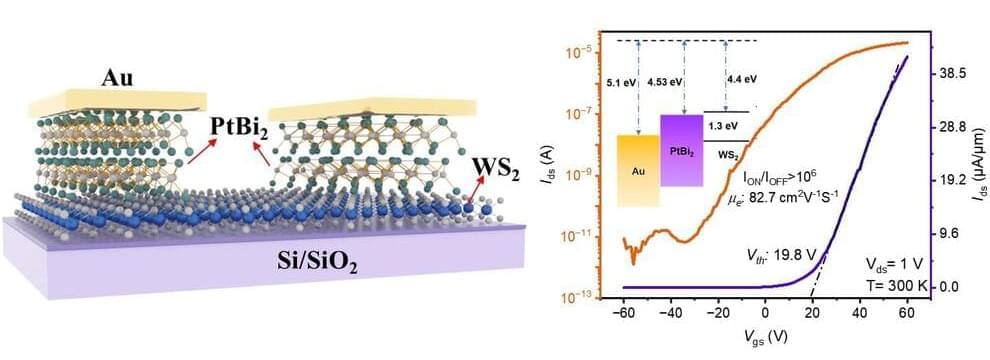
Despite its promising characteristics in condensed matter physics, the triply-degenerate semimetal PtBi2 has been largely unexplored in practical applications, particularly in semiconductor technology. The main difficulties include a lack of empirical data on the integration of PtBi2 with existing semiconductor components and the need for innovative approaches to leverage its unique properties, such as high stability and mobility, within the constraints of current electronic manufacturing processes.
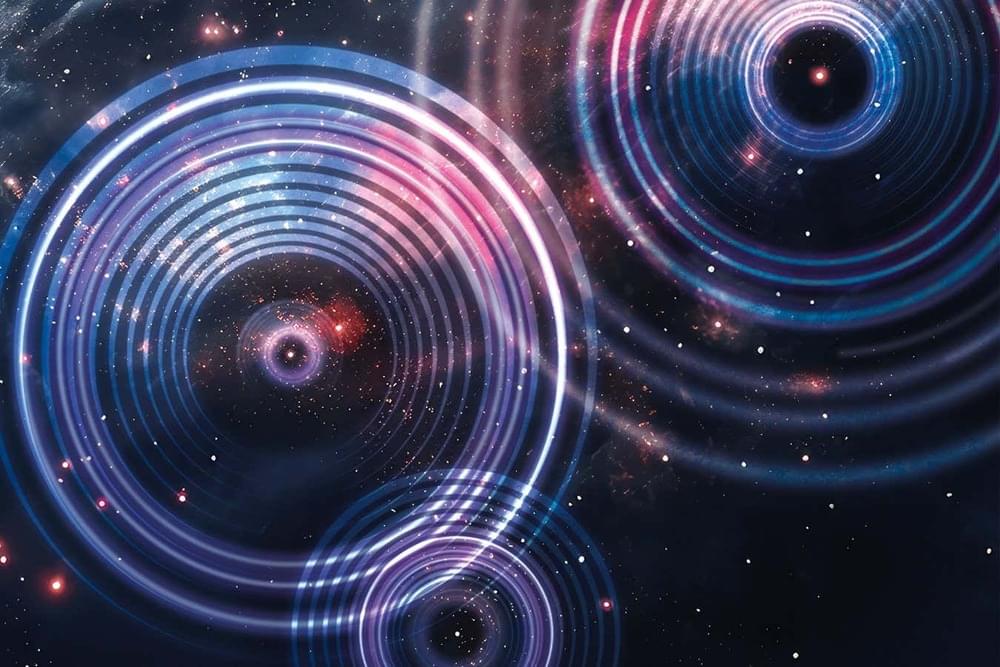
Gravitational waves can be lensed by massive galaxies so that they repeat, like an echo. Scientists are now readying to snare their first one and explore the cosmic secrets it holds.
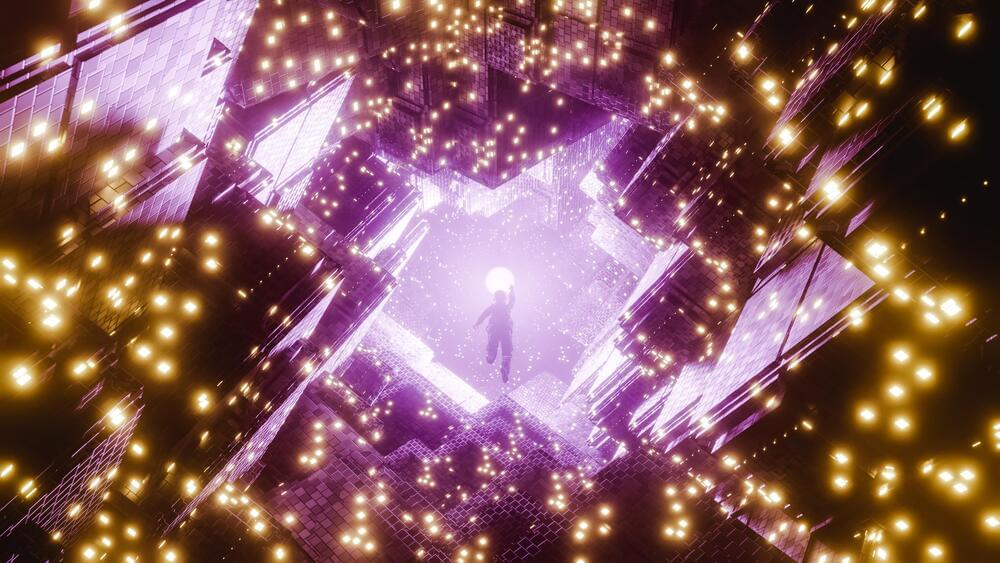
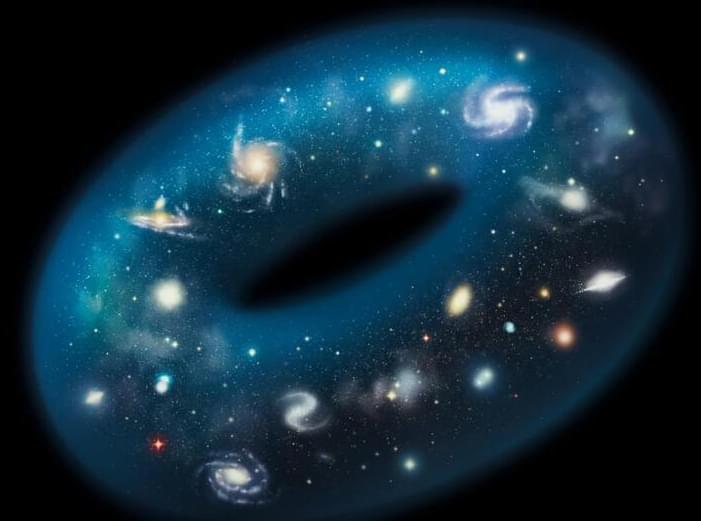
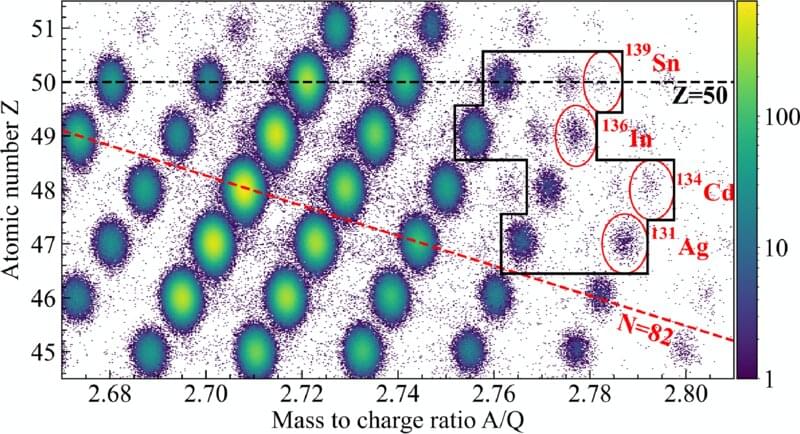
Models for how heavy elements are produced within stars have become more accurate thanks to measurements by RIKEN nuclear physicists of the probabilities that 20 neutron-rich nuclei will shed neutrons.
Stars generate energy by fusing the nuclei of light elements—first hydrogen nuclei and then progressively heavier nuclei, as the hydrogen and other lighter elements are sequentially consumed. But this process can only produce the first 26 elements up to iron.
Another process, known as rapid neutron capture, is thought to produce nuclei that are heavier than iron. As its name suggests, this process involves nuclei becoming larger by rapidly snatching up stray neutrons. It requires extremely high densities of neutrons and is thus thought to occur mainly during events such as mergers of neutron stars and supernova explosions.
In a first for warp drives, this research actually obeys the laws of physics.